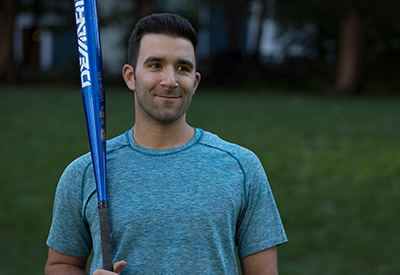5 Exercises To Help Maintain Good Head Posture

A majority of people have been told at some point in their life that they have bad posture. Maintaining good posture is a challenge for most of us, especially if you spend your days working at a desk. However, working toward good posture is important if you want to avoid pain and injury. Forward head posture can lead to neck pain, shoulder pain, upper back pain, and even headaches.

FORWARD HEAD POSTURE
Here are some of the main contributing factors of forward head posture:
- Gravity
- Sitting all day at work, or during commute (in the car, train, bus, etc.).
- Sitting all day at school.
- Traveling for work or leisure.
Prolonged sitting with hips flexed in combination with gravity’seffect on the upper body creates tightness in the hip flexors and tightness in the anterior chain musculature of the trunk (the front of the torso) and shoulders (pectorals, subscapularis muscles, specifically).
Then, when you go to stand up, the tightness in these muscles tilts your pelvis forward and rounds your shoulders/upper body forward so that your center of gravity is pulled anteriorly. The more forward your body tilts, the heavier your head becomes as it is pulled forward as well. Unfortunately, this position prevents the postural stabilizers from working (deep cervical flexors, lower abdominals, lats, scapular stabilizers, glutes). In order to maintain an upright position of your head to see everything in front of you, the neck extensors must overwork against gravity to pull the head back up the neck. Neck muscle tightness frequently leads to headaches, jaw tightness and pain, and radiating symptoms of numbness, tingling, and pain down the arms.
Below are some self-releases, stretches, and exercises to help combat the effects of forward head posture.







